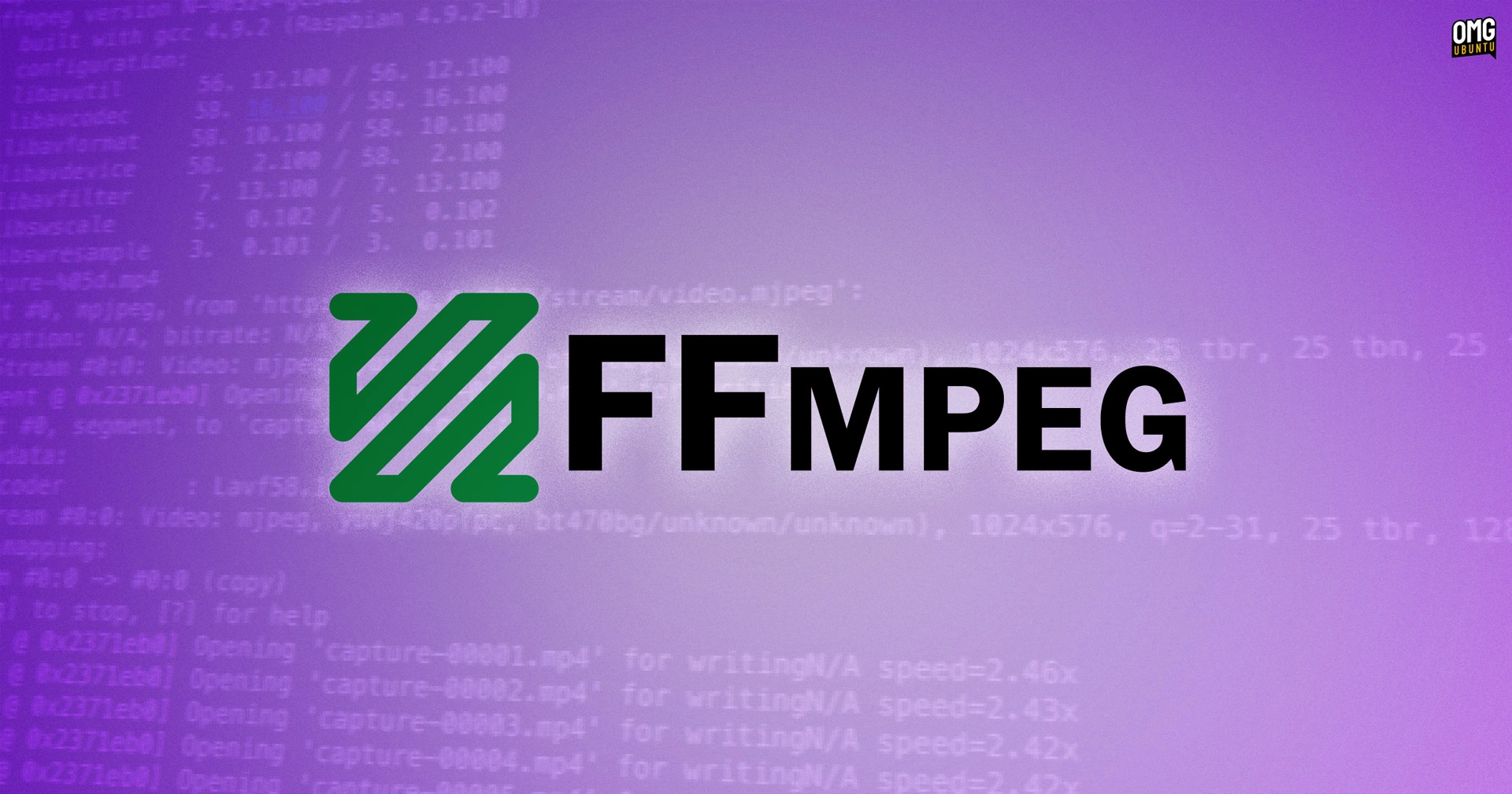FFmpeg, the robust open-source media engine that powers many video tasks across platforms, has recently released a significant update—version 8.0—marking it as one of the largest in its history. This update introduces Vulkan compute-based codecs, which enable an alternative method for video encoding and decoding using compute shaders that can function with any Vulkan 1.3 implementation.
These new Vulkan codecs do not compete with mainstream hardware acceleration for widely-used formats; instead, they are geared towards intensive codecs suitable for parallel processing, making them beneficial for professionals in desktop video editing, lossless screen recording, and streaming applications. The latest release supports FFv1 and ProRes RAW using Vulkan, with plans to add more codecs such as ProRes and VC-2 in subsequent updates. Users familiar with the hardware acceleration API will easily be able to take advantage of these new capabilities, potentially yielding considerable processing speed improvements depending on the hardware.
In addition to the Vulkan features, FFmpeg 8.0 introduces several new native decoders, including ones for APV, ProRes RAW, and RealVideo 6.0, along with hardware-accelerated decoding for Vulkan VP9 and OpenHarmony H264/5 formats. Other improvements encompass support for new formats like MCC and G.728, and the introduction of various new filters.
A standout feature of FFmpeg 8.0 is the Whisper filter, which leverages AI capabilities to generate subtitles for videos or podcasts. Additionally, a new hardware scaling filter enhances performance by offloading video resizing tasks to the GPU, which allows for faster processing than CPU-based methods.
With this release, FFmpeg continues its efforts to modernize its infrastructure and enhance its capabilities, accommodating contributions from the community. Users can download the FFmpeg 8.0 source code, and many Linux distributions are expected to incorporate this version in their next major updates. While the most recent version may not be bundled with certain GUI applications that depend on FFmpeg, users can still harness its powerful command-line capabilities.
For more information and to download FFmpeg 8.0, check out their official site.
